Data analytics has become the backbone of business decision-making, providing valuable insights into customer behaviour, operational efficiency, and market trends. In 2024, AI tools are enhancing the capabilities of data analytics by automating data processing, identifying patterns, and predicting future outcomes. But with so many options available, how do you choose the right AI tools for your data analytics needs? This guide offers comprehensive advice on selecting the best tools, along with insights into key features, integrations, and performance metrics that businesses should consider.
Understanding AI Tools for Data Analytics
AI-driven data analytics tools use machine learning algorithms and automation to process vast datasets efficiently, providing actionable insights. These tools not only help businesses identify trends and anomalies but also predict future behaviours, making them invaluable for strategic planning and decision-making.
Some key functions AI tools provide in data analytics include:
-
Predictive Analysis: AI algorithms forecast future trends based on historical data.
-
Automated Data Processing: Tools automate data cleansing, preparation, and integration.
-
Real-Time Insights: AI tools analyse data in real-time, allowing immediate decision-making.
-
Advanced Visualisations: Many tools offer visual dashboards to make insights easily digestible.
Criteria for Choosing AI Tools for Data Analytics
-
Ease of Use and User Interface (UI)
Your data team will be interacting with these tools frequently, so the interface must be user-friendly. Tools like Tableau and Power BI offer intuitive dashboards that make complex data accessible for both data scientists and business users. Simplicity in navigating and interpreting data should be a priority when choosing a tool. -
Scalability
As your business grows, so will the volume of data. It’s essential to select AI tools that can scale with your business, allowing you to process larger datasets without compromising performance. Tools like Google Cloud AI and Microsoft Azure AI are well-known for their scalability, ensuring that you can handle increasing data loads efficiently. -
Integration with Existing Systems
The best AI tools for data analytics will integrate seamlessly with your existing platforms, such as CRM systems, ERPs, or cloud storage. Look for tools that offer broad API support, like Amazon SageMaker, which works well with various AWS services and other cloud platforms. -
Cost and Pricing Model
AI tools come with varying price tags, depending on factors like storage capacity, features, and user licenses. Consider tools that offer flexible pricing, such as DataRobot, which provides different pricing tiers depending on usage, so businesses of all sizes can benefit from AI-driven data analytics. -
Performance and Speed
AI tools should provide fast results, especially when dealing with real-time data analytics. High-performance tools like IBM Watson Analytics are known for their speed and accuracy, processing data rapidly to deliver insights when they’re needed most. -
Security and Compliance
Data security is a top priority for businesses, especially with the advent of GDPR and other data protection regulations. Ensure that the AI tools you select have robust encryption methods and comply with industry standards. Tools such as Palantir Foundry offer enterprise-grade security features, protecting sensitive information and ensuring compliance with regulations. -
Customisation and Flexibility
Your business may have unique data needs that require custom algorithms or dashboards. Tools like KNIME allow businesses to customise workflows and integrate bespoke machine learning models, offering flexibility that can be tailored to specific use cases. -
Support and Training
AI tools can be complex, especially for teams without extensive data science expertise. Look for tools that offer comprehensive support, including documentation, tutorials, and customer service. For instance, Alteryx provides extensive online resources and a user community that helps businesses get the most out of their platform.
Top AI Tools for Data Analytics in 2024-2025
-
Tableau (AI-Driven Insights)
Known for its advanced visualisation capabilities, Tableau integrates AI to provide deeper insights into data, making it easier for businesses to interpret and act on their data-driven findings. -
Microsoft Azure AI
Azure AI offers a robust suite of analytics tools that are perfect for businesses seeking scalability and integration with existing Microsoft services, including Power BI and Dynamics. -
Google Cloud AI
Google Cloud’s AI suite includes tools for predictive analytics, machine learning, and real-time data processing, ideal for businesses that rely on real-time decision-making. -
DataRobot
DataRobot specialises in automating machine learning workflows, allowing businesses to deploy AI models quickly and with minimal manual intervention. -
IBM Watson Analytics
IBM Watson is recognised for its ability to analyse vast datasets at lightning speed, providing accurate and actionable insights for businesses across industries.
Find out the best tools for real-time data processing
How to Ensure Success with AI Tools in Data Analytics
Once you’ve chosen the right AI tools, successful implementation is key. Start with a pilot project to assess the tool’s capabilities and integration within your workflow. Additionally, invest in training your team so they can fully leverage the tool’s features and continue monitoring performance to ensure you’re getting the desired outcomes.
The Benefits of AI Tools in Data Analytics
There are multiple AI-Driven Tools available for Predictive Analysis and help to make process fast and efficient, below find the benefits of these tools.
-
Faster Time to Insight: AI accelerates the data processing cycle, allowing businesses to gain insights and act quickly.
-
Improved Accuracy: AI algorithms eliminate human errors, improving the accuracy of data analysis.
-
Cost Efficiency: Automating data analytics reduces the need for large data teams, making it a cost-effective solution for businesses of all sizes.
-
Scalable Solutions: AI platforms grow with your business, ensuring that you can handle increasing data loads without sacrificing performance.
Investing in AI-driven data analytics tools can transform the way your business handles data, offering quicker, more accurate insights that drive better decision-making. Whether you’re looking to improve operational efficiency, understand customer behaviours, or predict future trends, AI tools can help you unlock the full potential of your data. If you’d like to explore the best AI tools for your business or discuss a data analytics project, contact us for a consultation. Our experts will guide you in choosing the right tools that align with your business needs.
The field of AI-driven data analytics is growing rapidly, with demand for skilled professionals at an all-time high. By joining this sector, you’ll have the opportunity to work with cutting-edge technology and make a real impact on business decision-making. If you’re passionate about data and AI, apply to join our team and take the next step in your career by working on innovative projects that shape the future of business analytics.
Learn More about Top AI Tools and Platforms for Businesses.




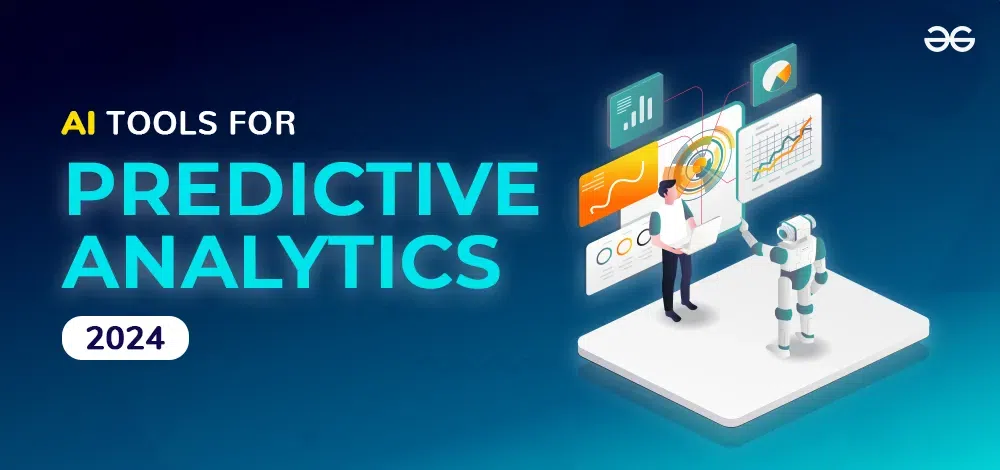

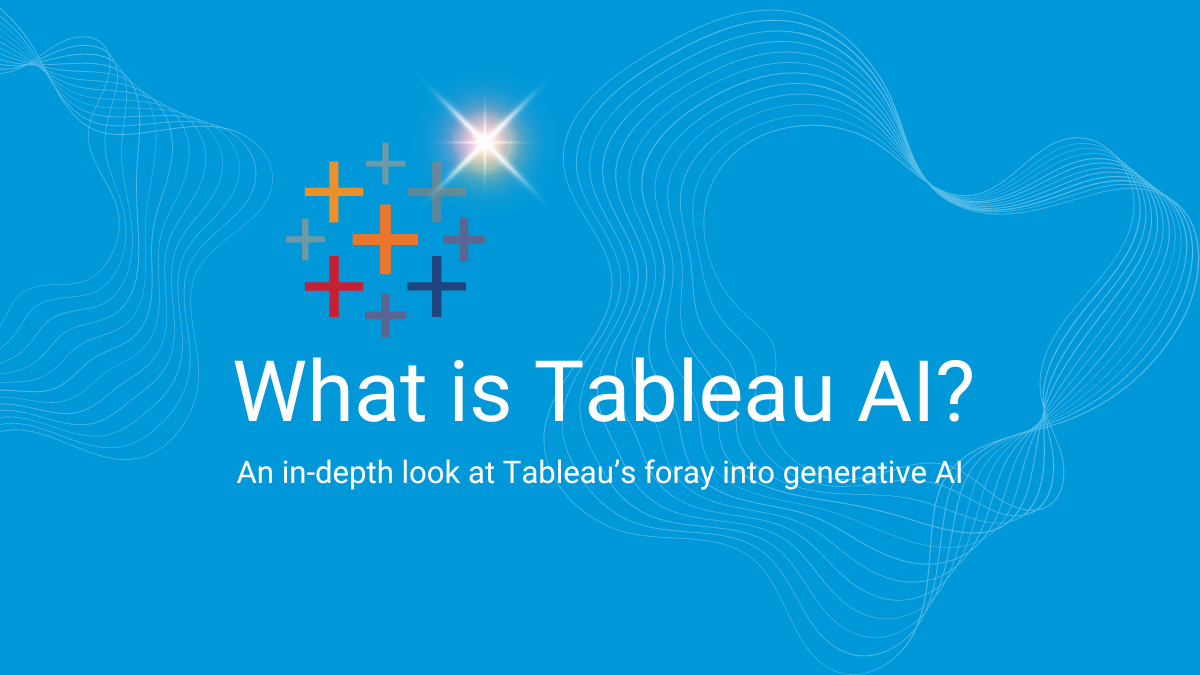
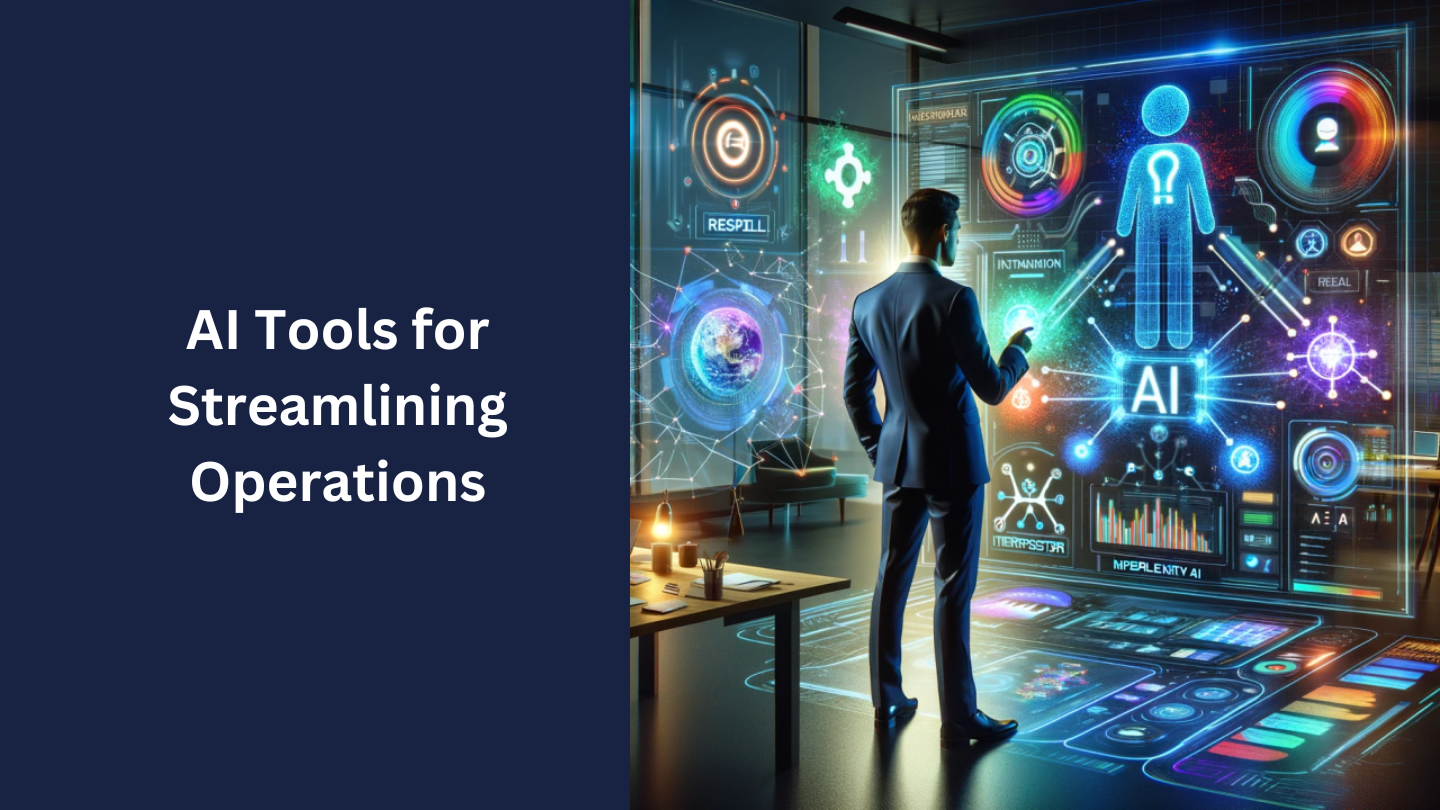
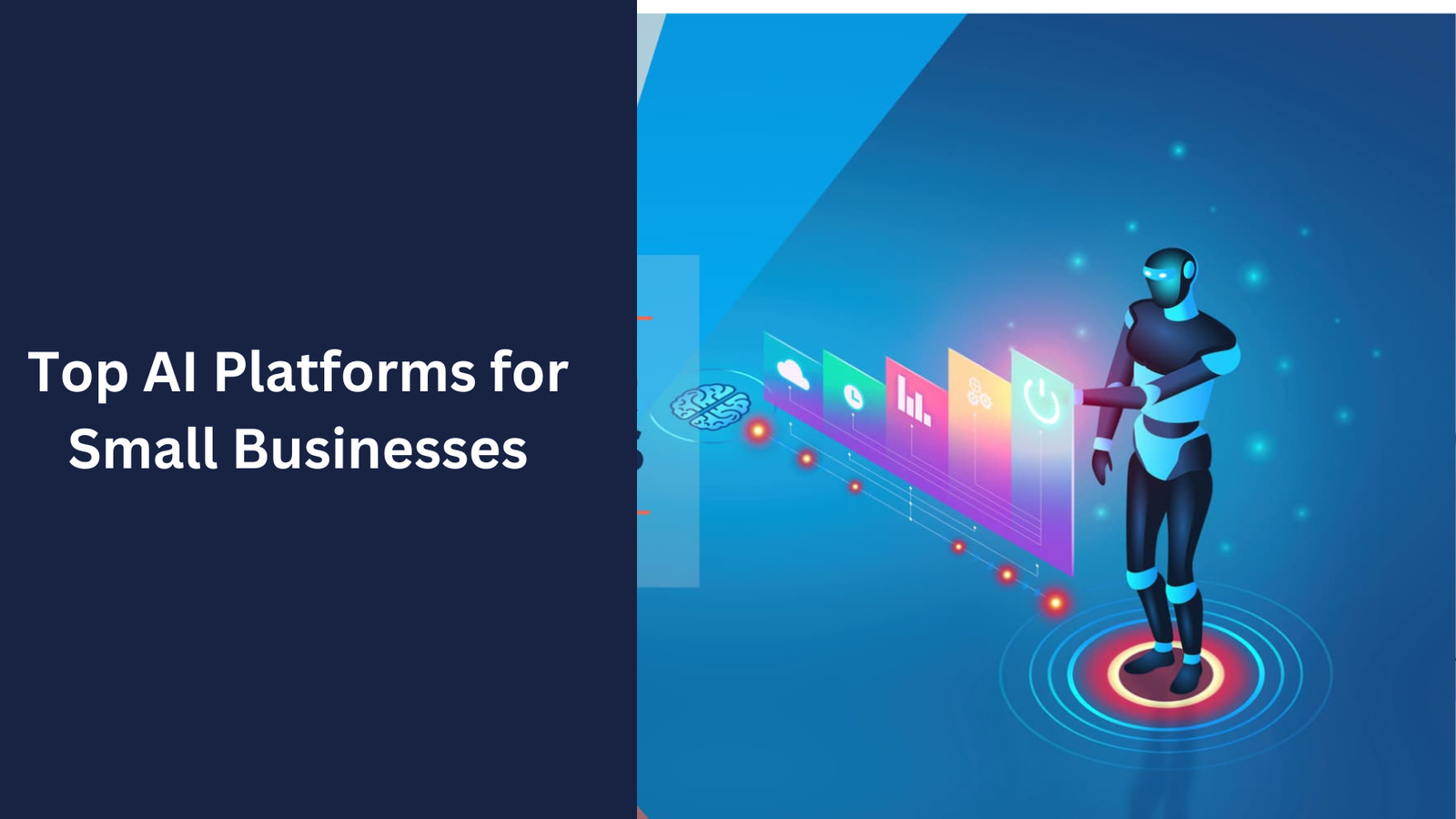
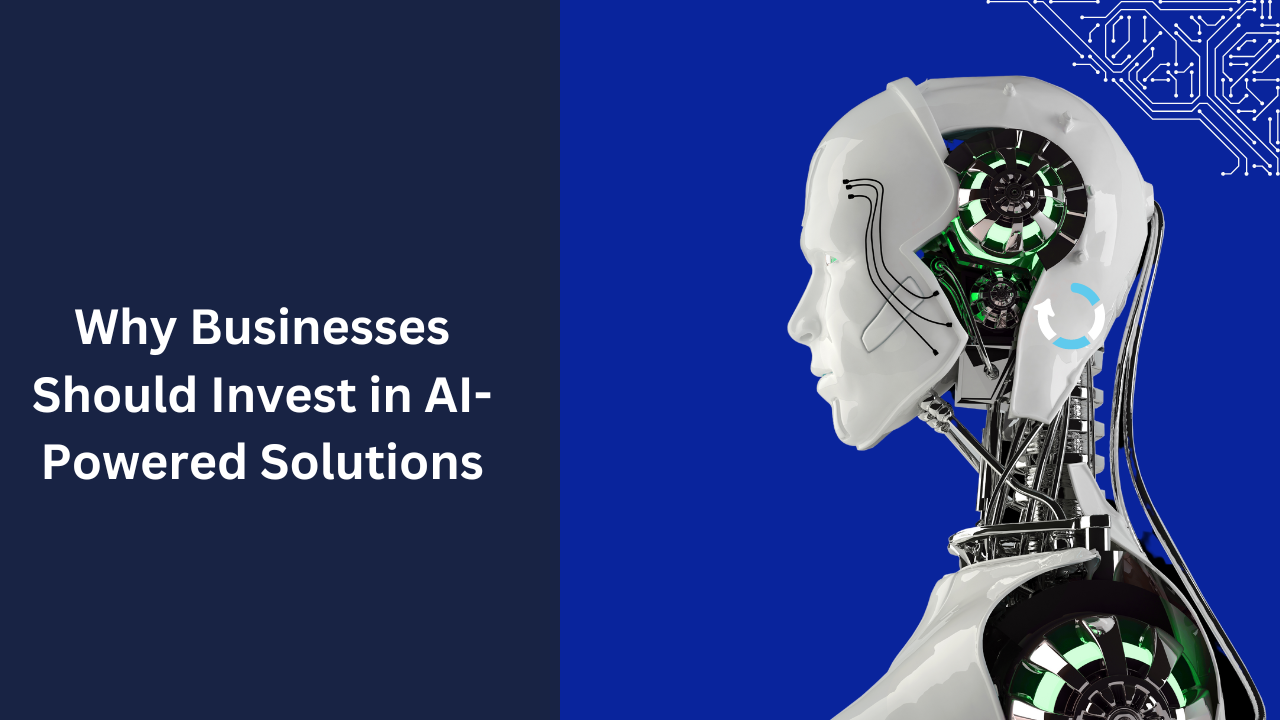
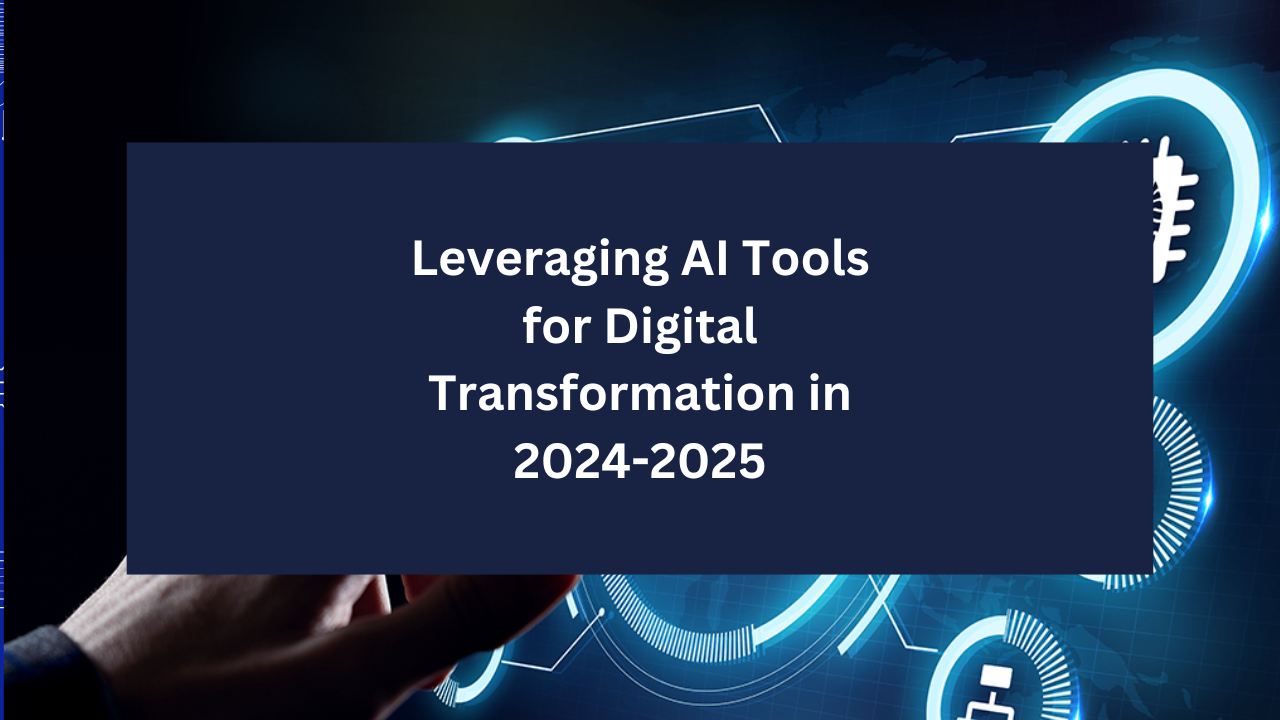
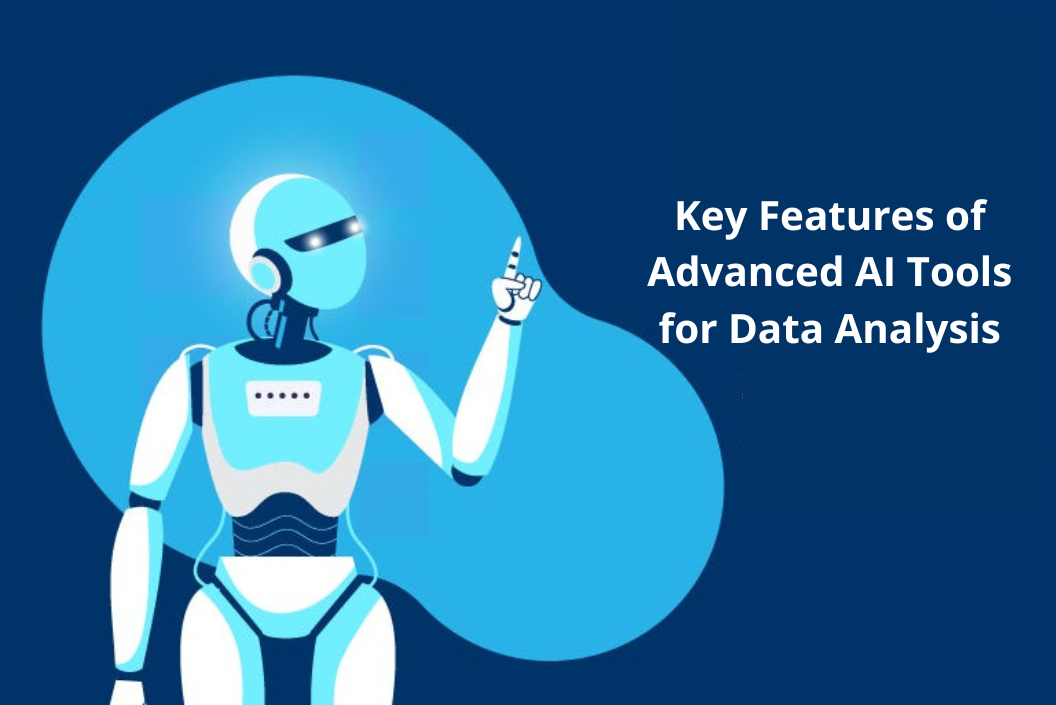
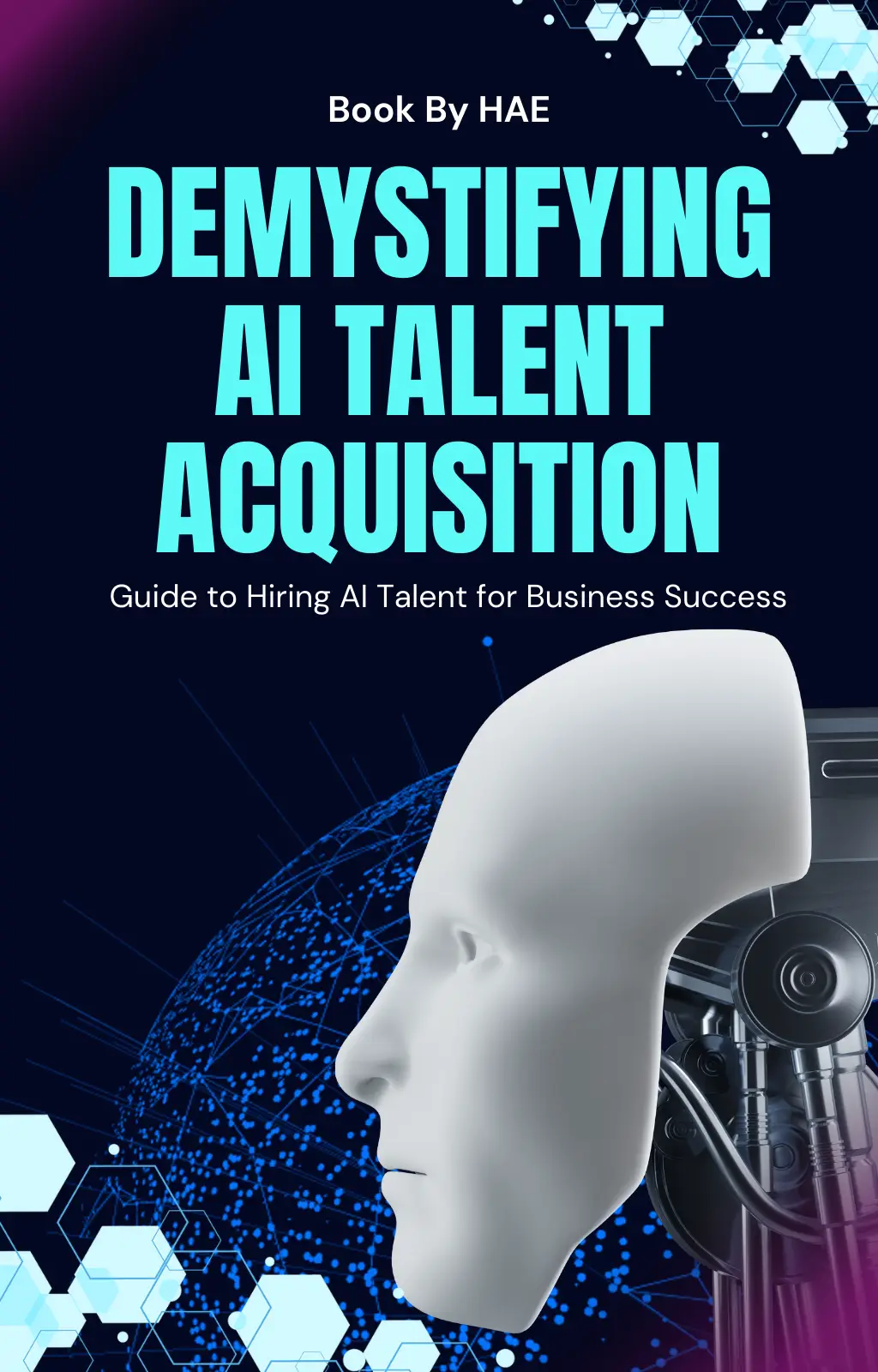
Pingback: Top AI Tools and Platforms for Businesses in 2024-2025
Pingback: Why Businesses Should Invest in AI-Powered Solutions (2024-2025)